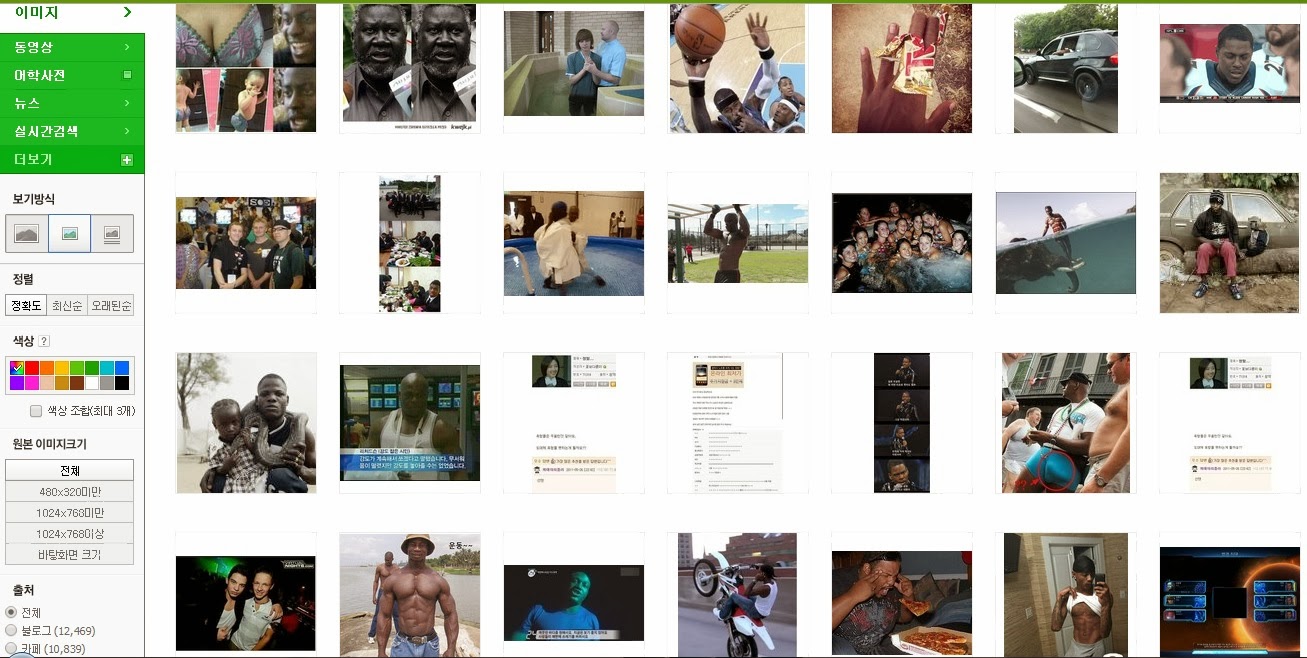A little over six weeks since launching
Hollaback! Korea I have already read about 20 stories from members of our community. I have also seen
hundreds of people step up to join our project to end street harassment. At our events and during interviews, a number of people who have not written their stories and shared to the site have also discussed the issue with me.
 |
| An audience member at our Bystander Intervention Workshop |
I am frequently asked,
"What is Hollaback?"
Hollaback is an international movement to end street harassment that is active in 24 countries and over 71 cities in 10 languages. By street harassment, we refer to sexist, racist, transphobic, homophobic, ableist, sizeist and/or classist harassment that often targets women, LGBTQ and transgender community members. This harassment takes place in public places like parks, the subway, on the street or in a shop. Street harassment can be intimidating behavior intended to make the target uncomfortable or scared. It can be verbal, physical, gestures or noises, and other forms of intimidating behavior.
"How was Hollaback! Korea founded?"
We are organizing this project all over Korea, but particularly in Seoul, Gwangju, Jeju, Seosan, Daejeon and Daegu. I started to recruit founding team members last July and we all participated in a 3 month online training course and supported by the iHollaback international team so that we could prepare for the launch in early December. We had a lot of hard work like translating the website and mobile app into English, planning 5 launch events in Seoul, Gwangju and Jeju, moderating and growing our social media presence on Facebook and Twitter, and doing media and press outreach. I am really grateful to our team for their dedication and to our community for their warm welcome.
"How does Hollaback! address street harassment?"
Hollaback! has empowered people in over 70 cities and 24 countries internationally to respond to street harassment through a smartphone or web application. Users are encouraged to speak up when they see harassment by quickly documenting it in a short post (photo optional) and sharing it to a publicly viewable map. Anyone browsing the stories on the Hollaback! maps immediately understands 3 things:
1) If you’ve been harassed, you’re not alone,
2) Street harassment is used to exert control over others by making them feel scared or uncomfortable. It is much more than individuals just acting inappropriately.
3) There are street harassment “hotspots” in most cities often centered around high pedestrian traffic areas.
Hollaback! provides comfort to those harassed, and proof that street harassment is a serious problem warranting a serious response from policy makers.
"Is Hollaback! Korea different from other sites because of domestic law?"
First, it is important to note that our project is about support and social awareness. We are primarily focused on supporting those targeted for street harassment and to promoting public outreach to stop harassers. We believe that what specifically counts as street harassment is determined by those who experience it. If you’ve experienced street harassment, we’ve got your back! I highly recommend speaking with an organization like Korea Womens Hotline for more detailed analysis of the law, but I can make some personal observations about Korea law.
I think that the Korean legal system is one of the most well organized in the world. Of course there are differences in legal codes country to country, for example, some countries recognize a Good Samaritan code more than Korea. This means that if you intervene to protect someone in danger you get some consideration for being a Good Samaritan. A major difference might be that although Hollaback users in New York and other cities can post the face of their harasser, on our site we have to blur the face and the names of any businesses in the image. We can, and do, post images, but the face has to be blurred. Some countries have more extensive laws covering street harassment than Korea and some do not have such laws. Right now there is a public indecency law with a fine of 30,000 won on the books.
Learn more
I was recently invited to TBS eFM for an interview about Hollaback! Korea to discuss street harassment and have shared the interview below.







